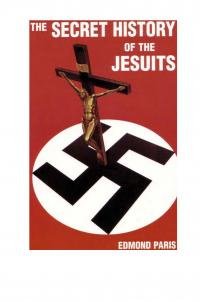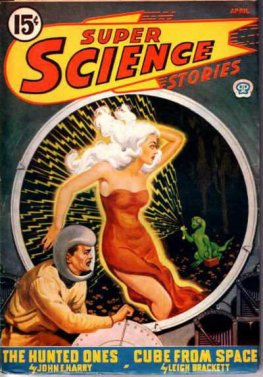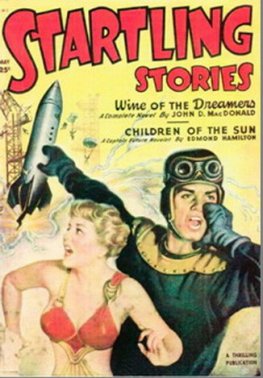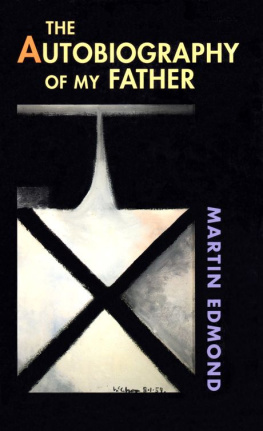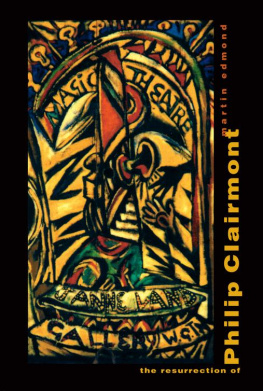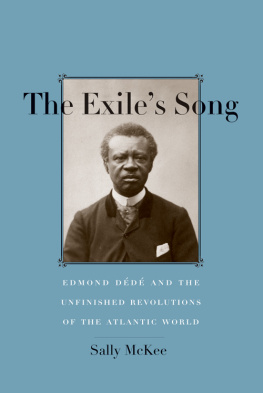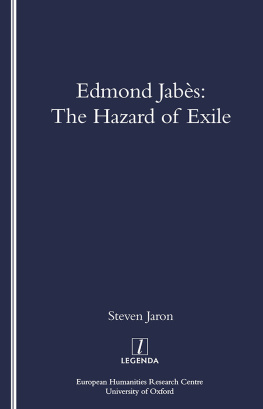THE ROMAN QUESTION
by
E. ABOUT
Translated From The French By H. C. Coape
New York: D. Appleton and Company, 346 & 348 Broadway
1859
PREFACE
It was in the Papal States that I studied the Roman Question. I travelled over every part of the country; I conversed with men of all opinions, examined things very closely, and collected my information on the spot.
My first impressions, noted down from day to day without any especial object, appeared, with some necessary modifications, in the Moniteur Universel. These notes, truthful, somewhat unconnected, and so thoroughly impartial, that it would be easy to discover in them contradictions and inconsistencies, I was obliged to discontinue, in consequence of the violent outcry of the Pontifical Government. I did more. I threw them in the fire, and wrote a book instead. The present volume is the result of a year's reflection.
I completed my study of the subject by the perusal of the most recent works published in Italy. The learned memoir of the Marquis Pepoli, and the admirable reply of an anonymous writer to M. de Rayneval, supplied me with my best weapons. I have been further enlightened by the conversation and correspondence of some illustrious Italians, whom I would gladly name, were I not afraid of exposing them to danger.
The pressing condition of Italy has obliged me to write more rapidly than I could have wished; and this enforced haste has given a certain air of warmth, perhaps of intemperance, even to the most carefully matured reflections. It was my intention to produce a memoir,I fear I may be charged with having written a pamphlet. Pardon me certain vivacities of style, which I had not time to correct, and plunge boldly into the heart of the book. You will find something there.
I fight fairly, and in good faith. I do not pretend to have judged the foes of Italy without passion; but I have calumniated none of them.
If I have sought a publisher in Brussels, while I had an excellent one in Paris, it is not because I feel any alarm on the score of the regulations of our press, or the severity of our tribunals. But as the Pope has a long arm, which might reach me in France, I have gone a little out of the way to tell him the plain truths contained in these pages.
May 9, 1859.
CONTENTS
CHAPTER
I. THE POPE AS A KING
II. NECESSITY OF THE TEMPORAL POWER
III. THE PATRIMONY OF THE TEMPORAL POWER
IV. THE SUBJECTS OF THE TEMPORAL POWER
V. OF THE PLEBEIANS
VI. THE MIDDLE CLASSES
VII. THE NOBILITY
VIII. FOREIGNERS
IX. ABSOLUTE CHARACTER OF THE TEMPORAL POWER OF THE POPE
X. PIUS IX
XI. ANTONELLI
XII. PRIESTLY GOVERNMENT
XIII. POLITICAL SEVERITY
XIV. THE IMPUNITY OF REAL CRIME
XV. TOLERANCE
XVI. EDUCATION OF THE PEOPLE
XVII. FOREIGN OCCUPATION
XVIII. WHY THE POPE WILL NEVER HAVE SOLDIERS
XIX. MATERIAL INTERESTS
XX. FINANCES
CONCLUSION
CHAPTER I.
THE POPE AS A KING.
The Roman Catholic Church, which I sincerely respect, consists of one hundred and thirty-nine millions of individualswithout counting little Mortara.
It is governed by seventy Cardinals, or Princes of the Church, in memory of the twelve Apostles.
The Cardinal-Bishop of Rome, who is also designated by the name of Vicar of Jesus Christ, Holy Father, or Pope, is invested with boundless authority over the minds of these hundred and thirty-nine millions of Catholics.
The Cardinals are nominated by the Pope; the Pope is nominated by the Cardinals; from the day of his election he becomes infallible, at least in the opinion of M. de Maistre, and the best Catholics of our time.
This was not the opinion of Bossuet; but it has always been that of the Popes themselves.
When the Sovereign Pontiff declares to us that the Virgin Mary was born free from original sin, the hundred and thirty-nine millions of Catholics are bound to believe it on his word. This is what has recently occurred.
This discipline of the understanding reflects infinite credit upon the nineteenth century. If posterity does us justice, it will be grateful to us therefor. It will see that instead of cutting one another's throats about theological questions, we have surveyed lines of railway, laid telegraphs, constructed steam-engines, launched ships, pierced isthmuses, created sciences, corrected laws, repressed factions, fed the poor, civilized barbarians, drained marshes, cultivated waste lands, without ever having a single dispute as to the infallibility of a man.
But the busiest age, the age which the best knows the value of time, may be obliged for a moment to neglect its business. If, for instance, it should remark around Rome and its Bishop a violent agitation, which neither the trickery of diplomacy nor the pressure of armies can suppress; if it perceive in a little corner of a peninsula a smouldering fire, which may at any moment burst forth, and in twenty-four hours envelope all Europe, this age, prudent from a sense of duty, on account of the great things it has to accomplish, turns its attention to the situation of Rome, and insists upon knowing what it all means.
It means that the simple princes of the middle ages, Pepin the Brief, Charlemagne, and the Countess Matilda, behaved with great liberality to the Pope. They gave him lands and men, according to the fashion of the times, when men, being merely the live-stock of the land, were thrown into the bargain. If they were generous, it was not because they thought, with M. Thiers, that the Pope could not be independent without being a King; they had seen him in his poverty more independent and more commanding than almost any monarch on the earth. They enriched him from motives of friendship, calculation, gratitude, or it might even be to disinherit their relations, as we sometimes see in our own time. Since the days of the Countess Matilda, the Pope, having acquired a taste for possession, has gone on rounding his estate. He has obtained cities by capitulation, as in the case of Bologna; he has won others at the cannon's mouth, as Rimini; while some he has appropriated, by treachery and stealth, as Ancona. Indeed so well have matters been managed, that in 1859 the Bishop of Rome is the temporal sovereign of about six millions of acres, and reigns over three millions one hundred and twenty-four thousand six hundred and sixty-eight men, who are all crying out loudly against him.
What do they complain of? Only listen, and you will soon learn.
They saythat the authority to which, without having either asked or accepted it, they are subject, is the most fundamentally absolute that was ever defined by Aristotle; that the legislative, executive, and judicial powers are united, confounded, and jumbled together in one and the same hand, contrary to the practice of civilized states, and to the theory of Montesquieu; that they willingly recognize the infallibility of the Pope upon all religious questions, but that in civil matters it appears to them less easy to tolerate; that they do not refuse to obey, because, all things considered, man is not placed here below to follow the bent of his own inclinations, but that they would be glad to obey laws; that the good pleasure of any man, however good it may be, is not so good as the



